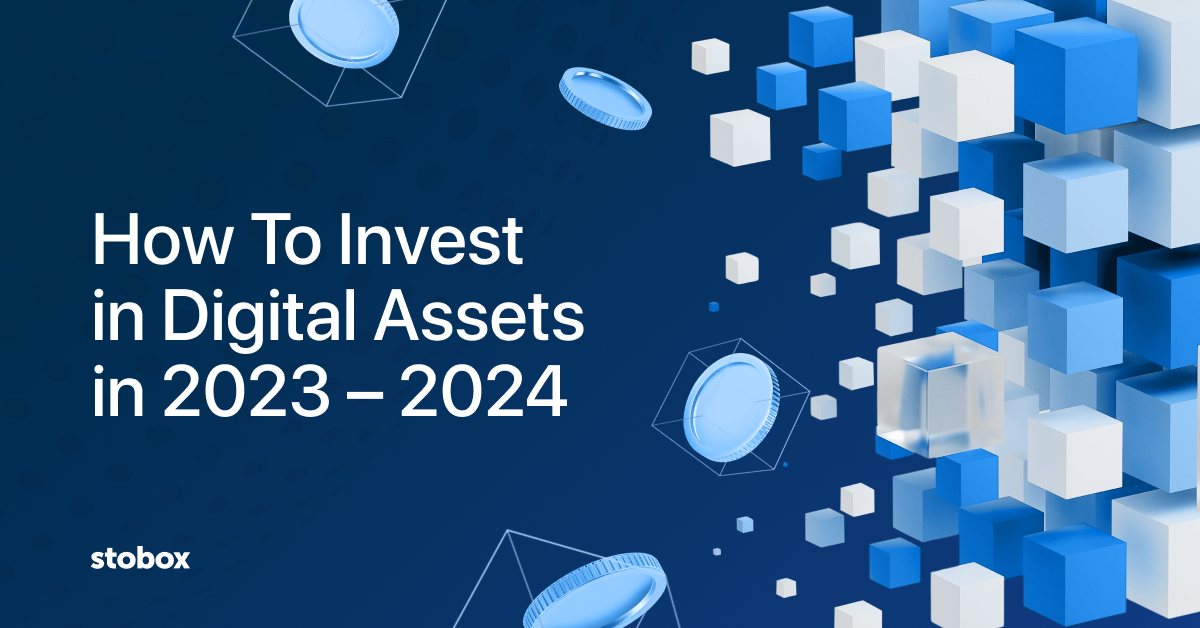Latest news about Bitcoin and all cryptocurrencies. Your daily crypto news habit.
In recent years, the rise of cryptocurrency has fundamentally reshaped the financial landscape, driving the emergence of a diverse array of digital assets. While all these assets fall under the umbrella term "crypto," the similarities often end there. Each type of token is equipped with unique functionalities, and many represent entirely distinct asset classes, offering a broad spectrum of investment opportunities.
To demystify the complex world of digital assets, we've curated a short guide that explores how these assets differ, as well as how they can be acquired and traded. Join us as we explore the five key types of digital assets, each with its own unique subcategories, to enhance your grasp of this groundbreaking financial landscape.
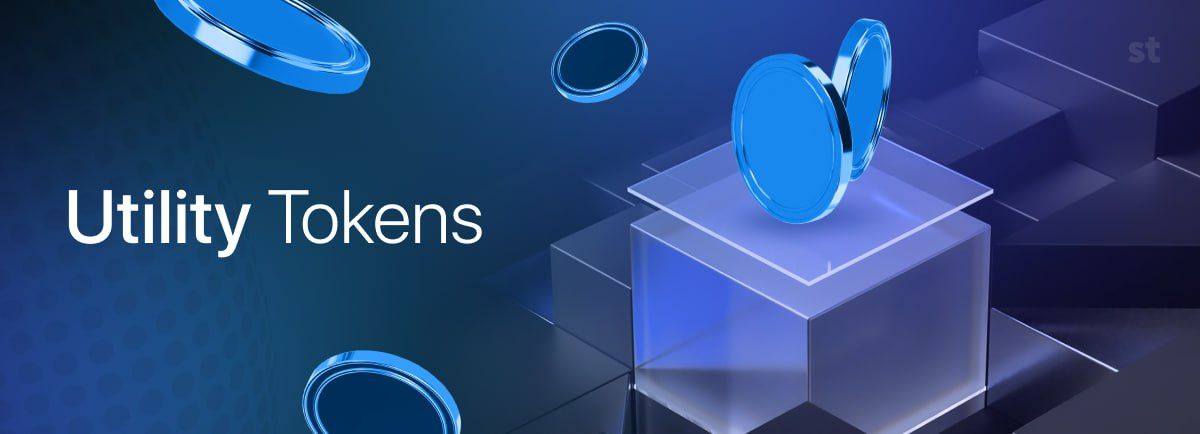
Utility tokens
The first and most popular type of crypto tokens you'll come across is known as Utility Tokens. Think of them as reward points or special tickets that you can use in certain online platforms built on blockchain technology. Take the Stobox Ecosystem, for example, where they use a specific token called STBU to give users special access to features or extra perks.
It's crucial to know that owning these utility tokens doesn't mean you own a part of the company that issued them. You won't get any profits or dividends from the company either. Sometimes, these tokens let you vote on community decisions, like in online organizations called DAOs, but they still don't give you ownership rights over the company or its products.
Buying and selling these tokens is generally straightforward, and you can do it on various online crypto exchanges. While some countries have rules about how these tokens can be used, they're becoming more and more popular, proving their importance in the evolution of Web3.
Think of places where you can trade or swap special digital "coupons," called utility tokens, like a marketplace but for the digital world. Some well-known spots for this are Coinbase, Binance, and Uniswap.
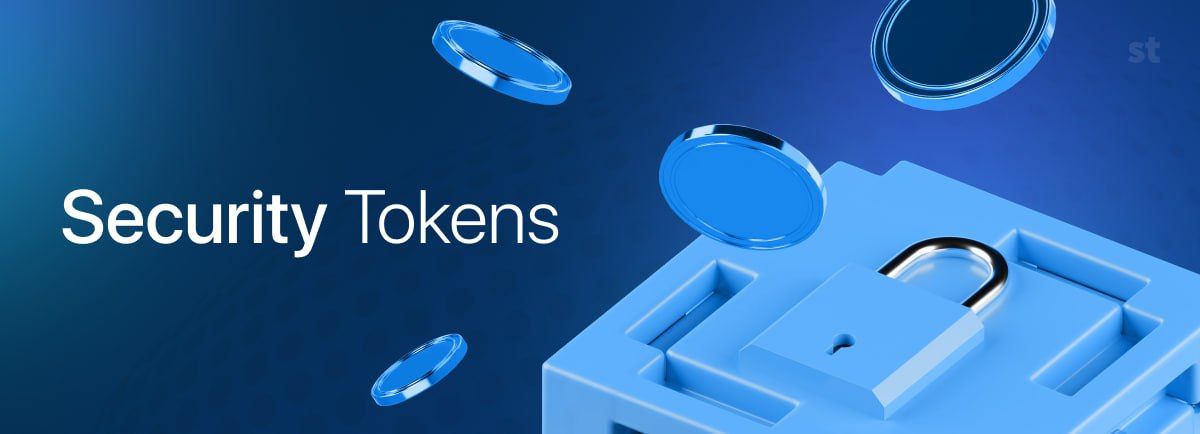
Security Tokens
Imagine you have two kinds of digital "coins" or tokens: one is like a coupon you can use in a store, and the other is like owning a small piece of the company itself. The second kind is called a security token, and it's pretty special. It has to follow a lot of rules, and it means you have a real stake in the company.
These security tokens can be of different types, but they all share some common traits. For example, they need to be handled very carefully, and the rules about them are strict because you're actually owning a part of the company. Most places have laws about this, making sure everything is fair and safe.
Instead of writing down who owns these special tokens on paper or a computer file, the info is kept on something called a blockchain. A blockchain is like a super-safe digital notebook that keeps track of who owns what. So, it's a new, high-tech way to keep everything organized.
➡️ Would you be interested in discovering the advantages of tokenization for your enterprise? We invite you to schedule a complimentary 30-minute consultation.We classify security tokens into 2 main sub-categories: corporate securities and asset-backed tokens.

Equity or Corporate Securities Tokens
Imagine a company gives out special digital coins that show you own a little piece of that company. Owning this coin might give you:
- A share of the company.
- A share of the company's profits or money they make.
- A say in company decisions, like voting.
Putting these ownership details onto a digital system (like the one behind Bitcoin) is called "tokenization." It's like turning your ownership into a digital sticker! But doing this is tricky. If a company wants to create these digital stickers, Stobox is like the friendly guide who knows the way. Stobox experts in these special digital coins and assist issuers in every step from the concept to secondary trading.
If you want to buy these special digital coins that let you own a piece of a company, you usually get them straight from the company's own website. But heads up! You can't just trade these coins anywhere you want, like on those digital marketplaces for other types of digital money. Those places need a special permission slip to let you trade these special coins. So, do your research before you invest in them!
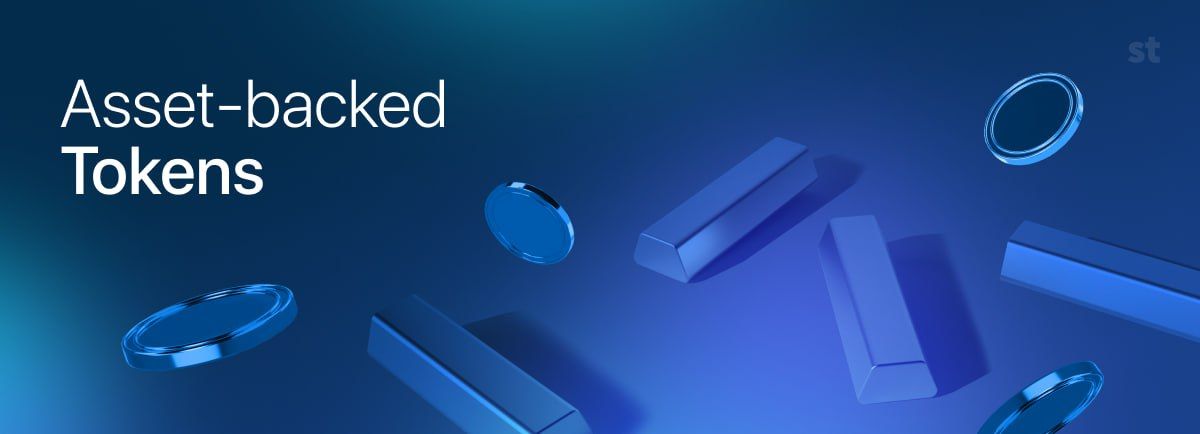
Asset-backed Tokens
These special digital coins are like a key to real things you can own, like gold or oil. But instead of keeping a piece of gold in your hand, you have a digital coin that stands for it. A great example is the Paxos Gold token (PAXG), which is like buying a piece of gold, but all online and on a blockchain! Even though these coins are really serious and usually have to follow strict rules, you can actually trade them on the same online marketplaces where you trade other types of digital money. Pretty cool, huh?
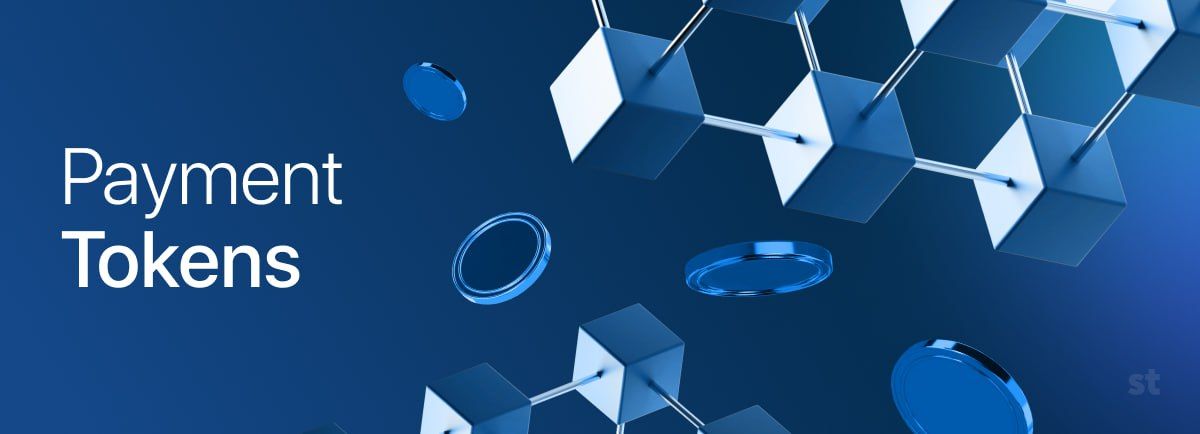
Payment Tokens
There are two main kinds. The first is the original type of digital money, like Bitcoin. The second kind is called "stablecoins," which are special and can come in different flavors. Regulatory authorities are paying close attention to these digital assets because they hold significant importance.
Since these tokens are used for making payments, they fall under specific regulations. There's a considerable amount of debate surrounding them, mainly because they offer a global approach to online payments via blockchain networks.
Most of these payment coins can be bought and sold freely on different online marketplaces. Some of these crypto exchanges we talked about earlier. Even though you can trade these coins pretty freely right now, regulators are enforcing a set of guidelines. They want to make sure everything is above board and no one is using these coins for anything shady, like money laundering.
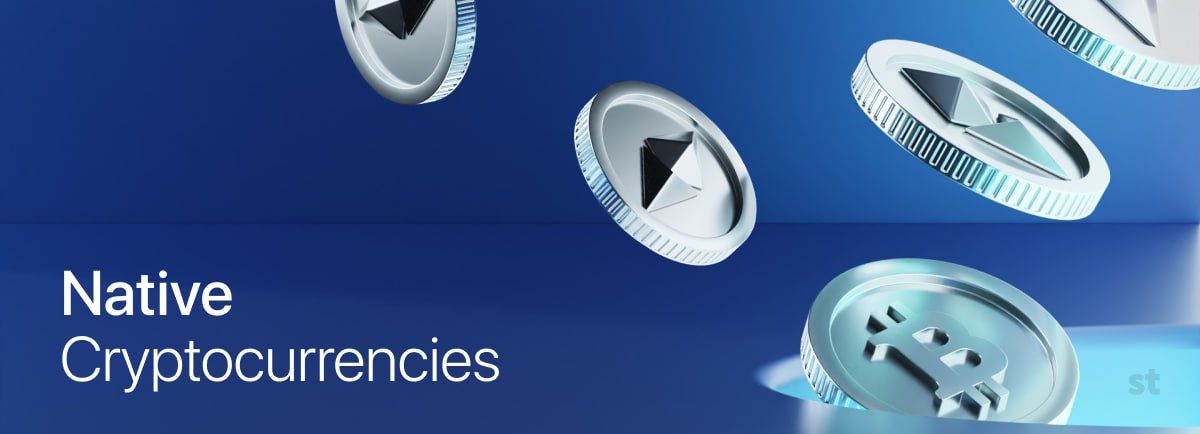
Native Cryptocurrencies
These tokens are native coins of specific blockchains. For example ETH is s native cryptocurrency of Ethereum blockchain, or BTC is the native crypto of Bitcoin network. Usually every blockchain has its native coin that is used for internal payments within its blockchain network.
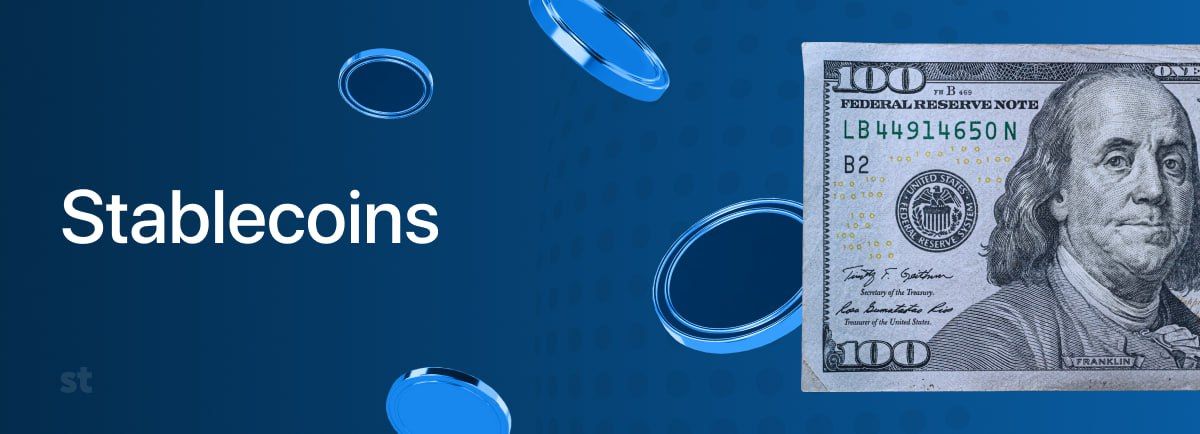
Stablecoins
Stablecoins are special digital coins made to keep a steady value. Most often, they're tied to the U.S. dollar, but sometimes they're linked to other money like the Euro. There are two main types of stablecoins:
Asset-backed stablecoins: These coins are tied to real money or something equally solid, like U.S. Treasury notes. Tether (USDT) and Circle (USDC) are popular examples. These coins stay steady in value and are like digital dollars.
Algorithmic stablecoins: These coins use special math formulas to keep their value stable. A well-known one is DAI, which aims to always be worth one U.S. dollar.
Even though these coins are pretty stable and don't jump around in value, there are still some risks. Regulatory authorities may revise current policies, which could lead to some stablecoins being delisted from specific trading platforms. Therefore, it's advisable to remain vigilant to these potential changes.
Stobox has incorporated multiple stablecoins, including USDT, USDC, and BUSD, to offer clients a diverse range of options and to boost customer participation in investing in security tokens issued by their clientele.
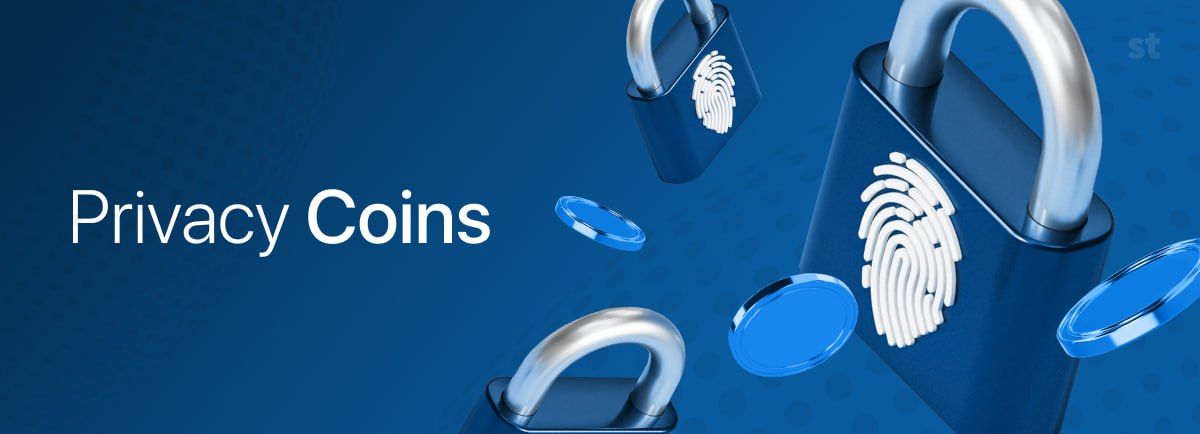
Privacy coins
Privacy coins, categorized as payment tokens, offer enhanced confidentiality features for users seeking anonymity. However, due to evolving regulatory landscapes, these tokens are increasingly being removed from major cryptocurrency exchanges and are seldom used for daily transactions. Monero and Dash serve as notable examples of such coins.
➡️ There are two other key categories of digital assets worth mentioning: Non-Fungible Tokens (NFTs) and Meme Tokens. We plan to explore these types in the next blog article. Just as a quick note, NFTs serve as digital certificates of ownership on a blockchain, while Meme Tokens are often playful and tied to popular memes or characters.
Interested in diving deeper into the world of cryptocurrencies and how they can benefit you?
Stobox is a leader in comprehensive tokenization solutions, offering enterprises a well-defined strategy for capitalizing on digital assets and raising funds through Security Token Offerings (STOs). With a number of successful engagements, we have guided numerous clients through the intricacies of digital asset adoption. Our consultative approach initiates with an in-depth case analysis, followed by tailored best practices and a meticulously crafted execution roadmap.
We invite prospective businesses to engage in a complimentary 30-minute consultation with our tokenization experts.
➡️ Book a 30-minute consultation to learn about how your business can benefit from tokenization.Disclaimer
The views and opinions expressed in this article are solely those of the authors and do not reflect the views of Bitcoin Insider. Every investment and trading move involves risk - this is especially true for cryptocurrencies given their volatility. We strongly advise our readers to conduct their own research when making a decision.
